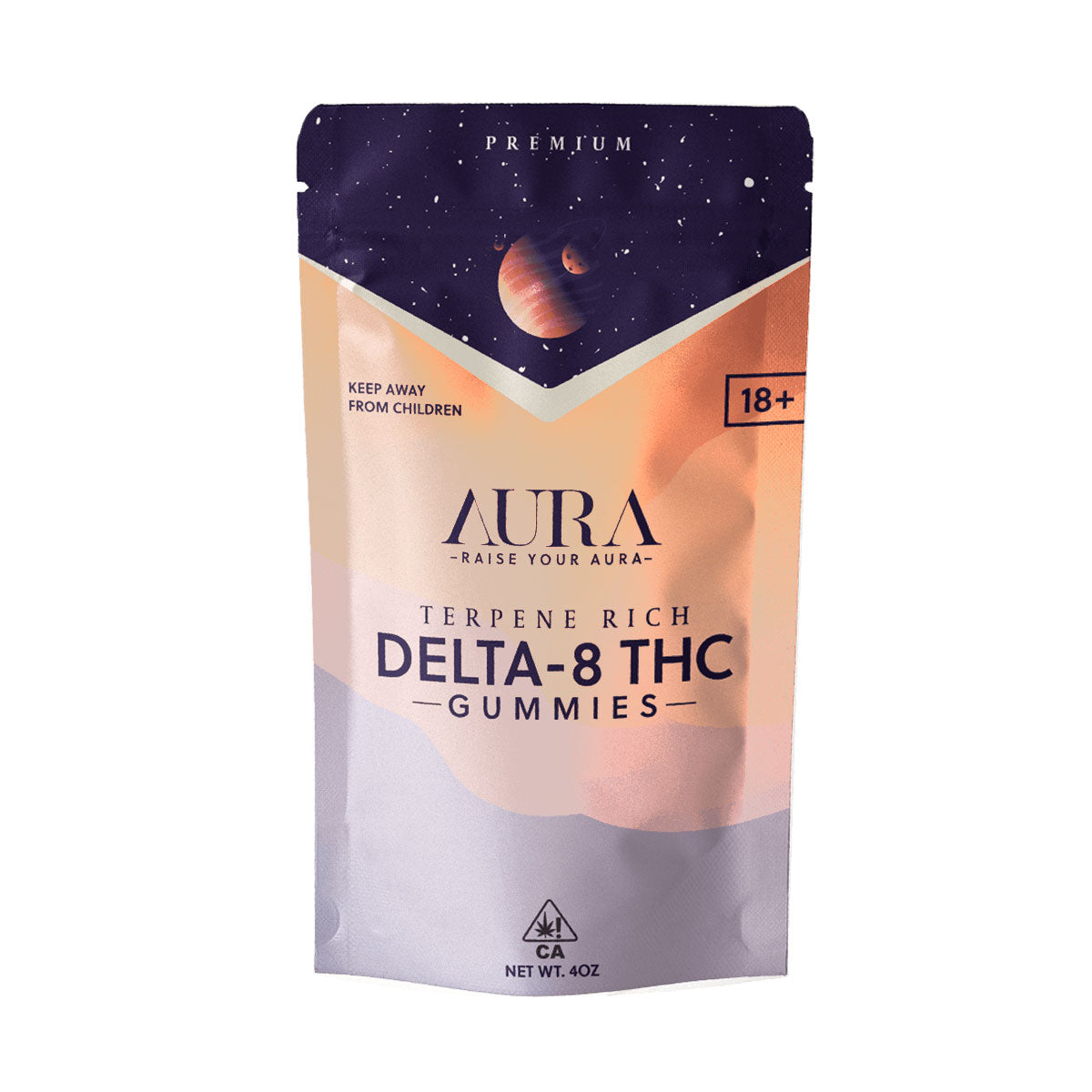Cannabis, Anxiety, and Sleep: Managing Stress for Better Rest
The interconnected relationship between cannabis, anxiety, and sleep is a topic that holds immense relevance in the quest for better rest. For individuals dealing with stress and anxiety, incorporating cannabis into their bedtime routine can be a game-changer. In this short blog post, we'll explore how cannabis can be a valuable ally in managing anxiety for a more peaceful and restful sleep.
Understanding the Anxiety-Sleep Connection:
Anxiety and stress often act as significant barriers to restful sleep. Racing thoughts, a heightened state of alertness, and a persistent feeling of tension can make it challenging to unwind and fall asleep.
Cannabis and Anxiety Reduction:
CBD's Calming Influence:
Cannabidiol (CBD), a non-psychoactive compound in cannabis, is celebrated for its anxiolytic (anxiety-reducing) properties. It interacts with receptors in the brain associated with stress, promoting a sense of calm without the intoxicating effects of THC.
Balancing THC for Relaxation:
Tetrahydrocannabinol (THC), the psychoactive component of cannabis, may also contribute to anxiety reduction when used in moderation. Strains with balanced THC and CBD ratios or higher CBD content are often favored for their relaxing effects.
Tips for Managing Anxiety and Improving Sleep:
Choose Appropriate Strains:
Opt for cannabis strains known for their calming and anxiety-relieving properties. Indica-dominant strains are often recommended for their potential to induce relaxation.
Moderation is Key:
Practice moderation in cannabis use, especially if using it specifically for anxiety and sleep. Start with lower doses and gradually adjust based on your response.
Establish a Relaxing Bedtime Routine:
Create a calming pre-sleep routine that includes activities like reading, gentle stretching, or mindfulness meditation. Incorporate cannabis use responsibly as part of this routine.
Consider CBD-Only Products:
If you want to avoid the psychoactive effects of THC, consider using CBD-only products. These can provide anxiety relief without the euphoria associated with THC.
Consult with Professionals:
Before incorporating cannabis into your routine, especially if you have underlying health conditions, consult with healthcare professionals. They can offer personalized advice based on your health history.
Managing anxiety with the help of cannabis can be a transformative approach to achieving better sleep. By selecting the right strains, practicing moderation, and integrating cannabis into a calming bedtime routine, individuals can harness the potential benefits of cannabinoids for anxiety reduction and improved sleep quality. Remember, the key lies in mindfulness and responsible use, empowering you to find the balance needed for a more peaceful and restorative night's sleep.
FREQUENTLY ASKED QUESTIONS
CBD capsules, pills or softgels support your body’s Endocannabinoid System (ECS), which helps regulate your natural inflammatory response, stress response, immune function, and sleep cycle so you can better manage stress, burnout, irritation, and discomfort.
Each form of CBD takes a different route through your body, impacting how long it takes to interact with your Endocannabinoid System (ECS) and how long it takes to work varies depending on a combination factors: metabolism, weight, and whether you've recently eaten can influence how long it takes CBD capsules to take effect. It is important to note that CBD builds up in the body over time, meaning that committing to your daily suggested amount is key to the long-term success with your CBD product of choice. Try taking the recommended amount on the packaging for 30 days. You can always adjust the amount as needed — you know your body best.
Understanding the suggested amount of CBD for you starts with understanding how CBD interacts with the body and brain, and particularly with the Endocannabinoid System, also called the ECS. To learn more, checkout How Long Do CBD Capsules Take To Work?
CBD capsules and CBD softgels are best taken at a consistent level for you to understand what works best for you — you know your body best. Try starting with the recommended amount on the packaging, and monitor how you feel over the next 30 days. If you aren't satisfied with the results, try gradually increasing or decreasing the number as needed.
Selecting a CBD product is an individual decision based on your overall wellness goals. CBD capsules are easy-to-swallow pills similar to a vitamin so you don't need to guess how much to take. CBD oils, such as tinctures, commonly use carrier oils including olive oil or medium-chain triglyceride (MTC) from coconut or hemp seed oil which might not taste good. And let's face it, oils are a little messy, and measuring out a precise amount from a small bottle with a dropper might not be an easy task. Unless the CBD in a CBD oil has been optimized for bioavailability, CBD oils won't be absorbed by the body and all the benefits may not be felt.

